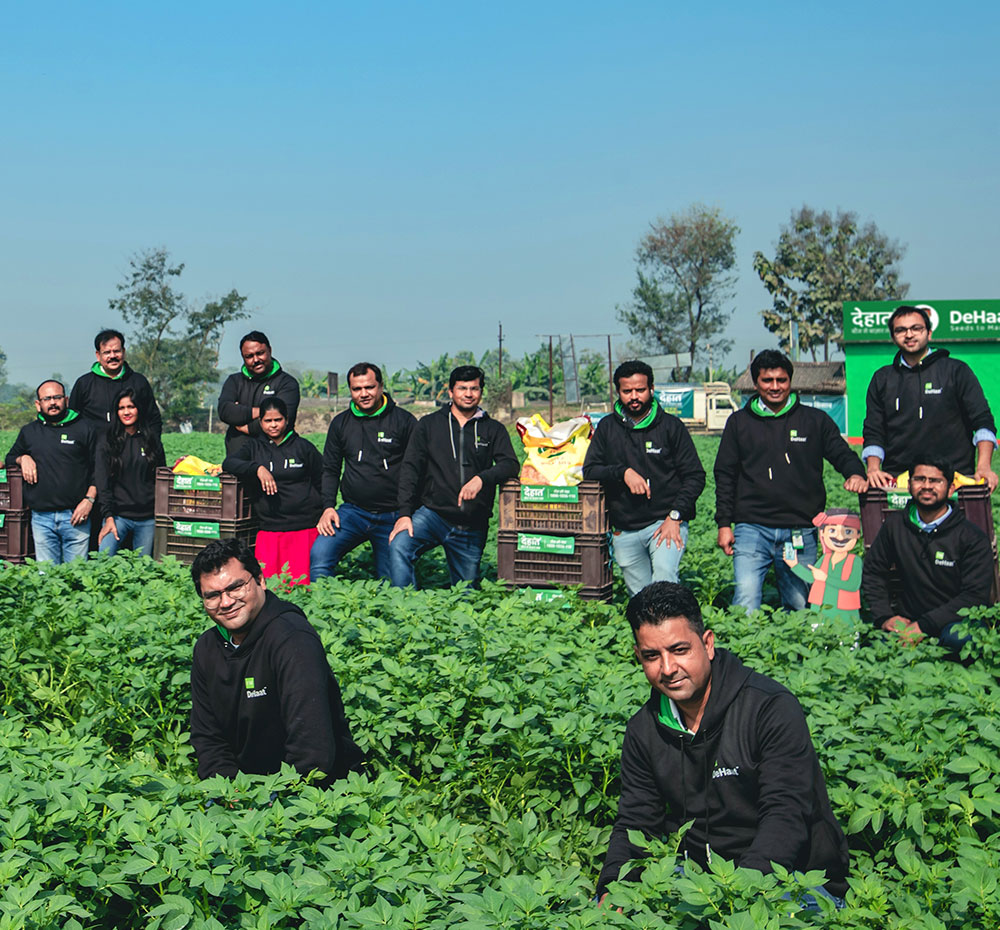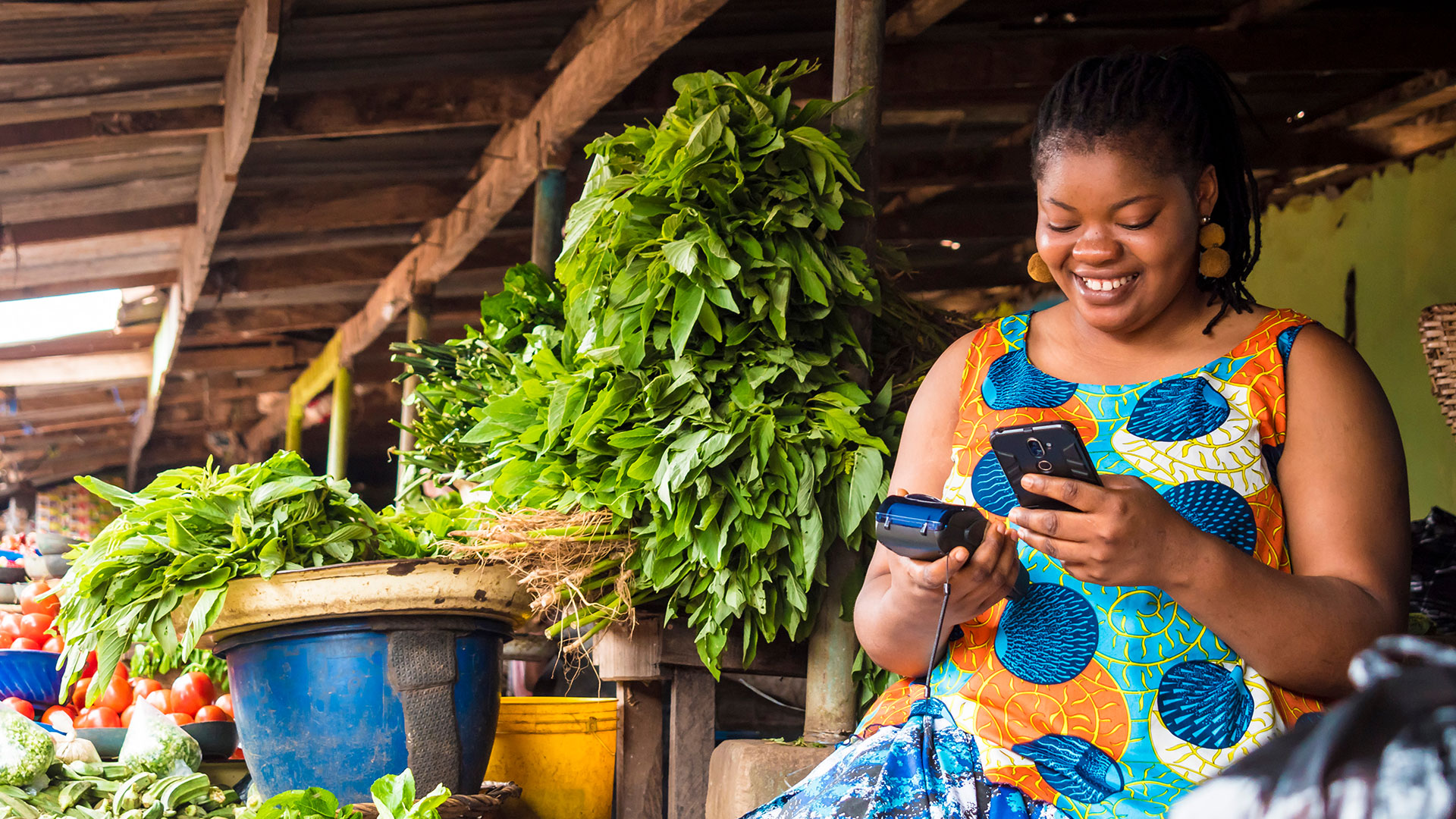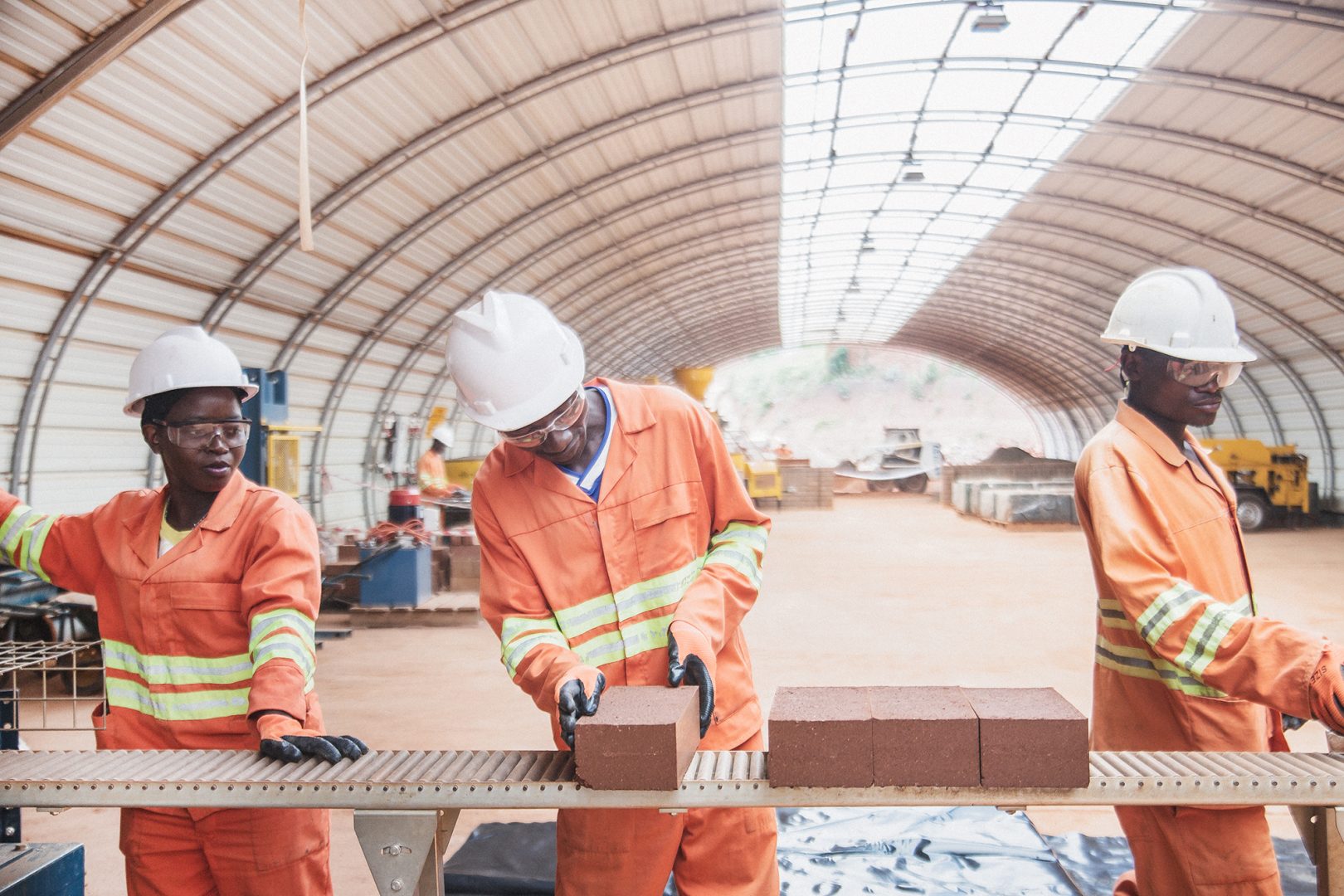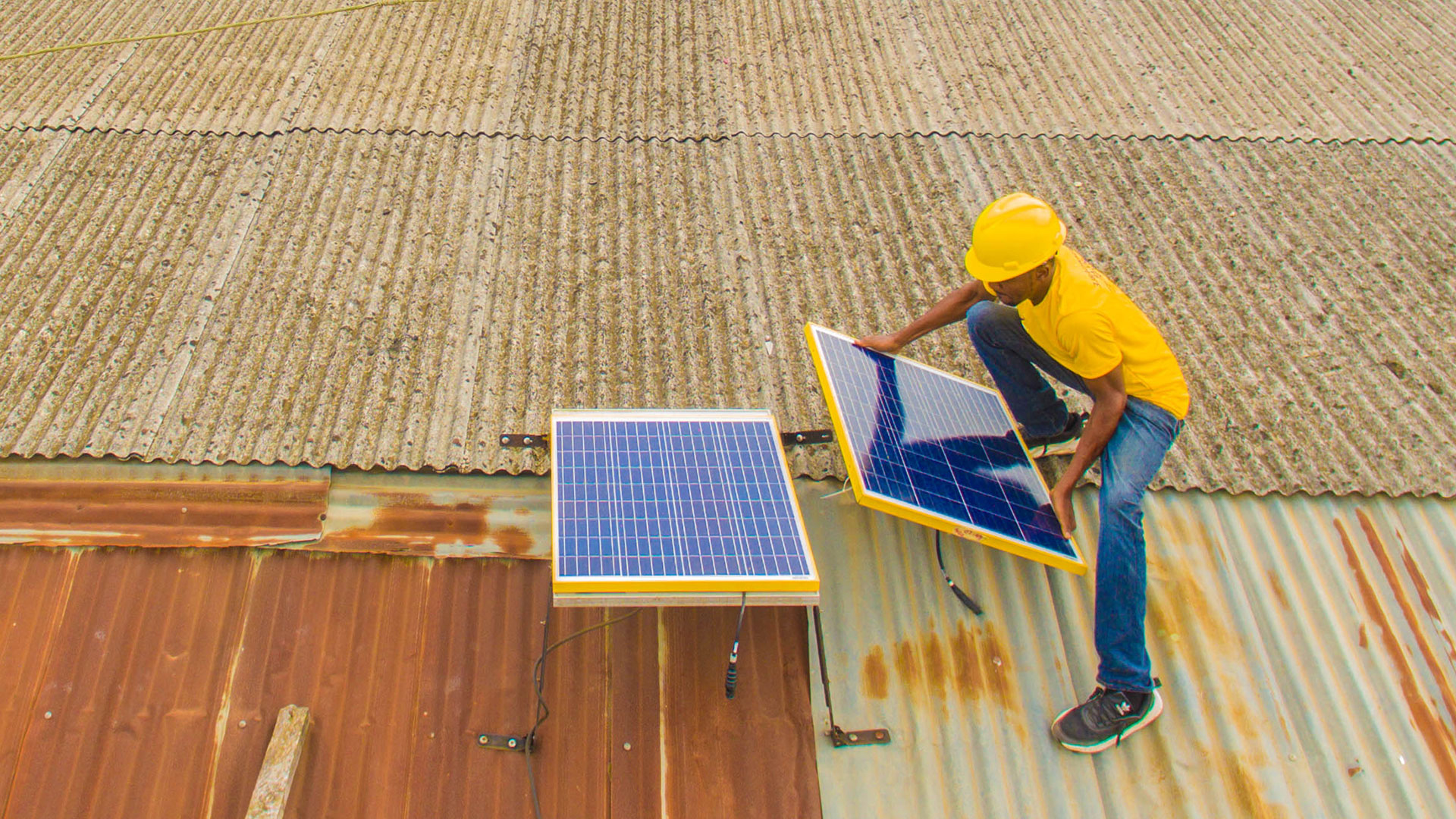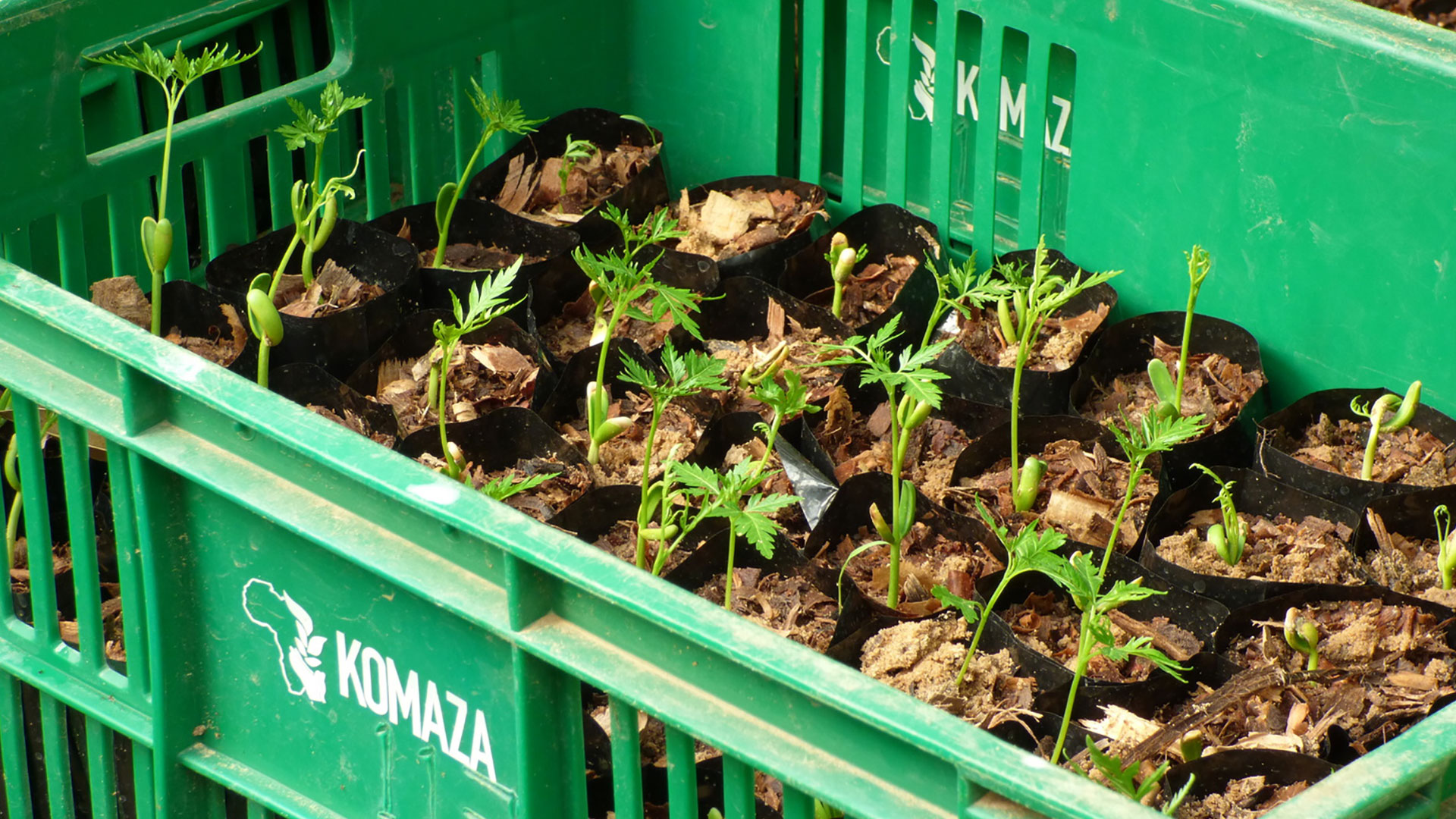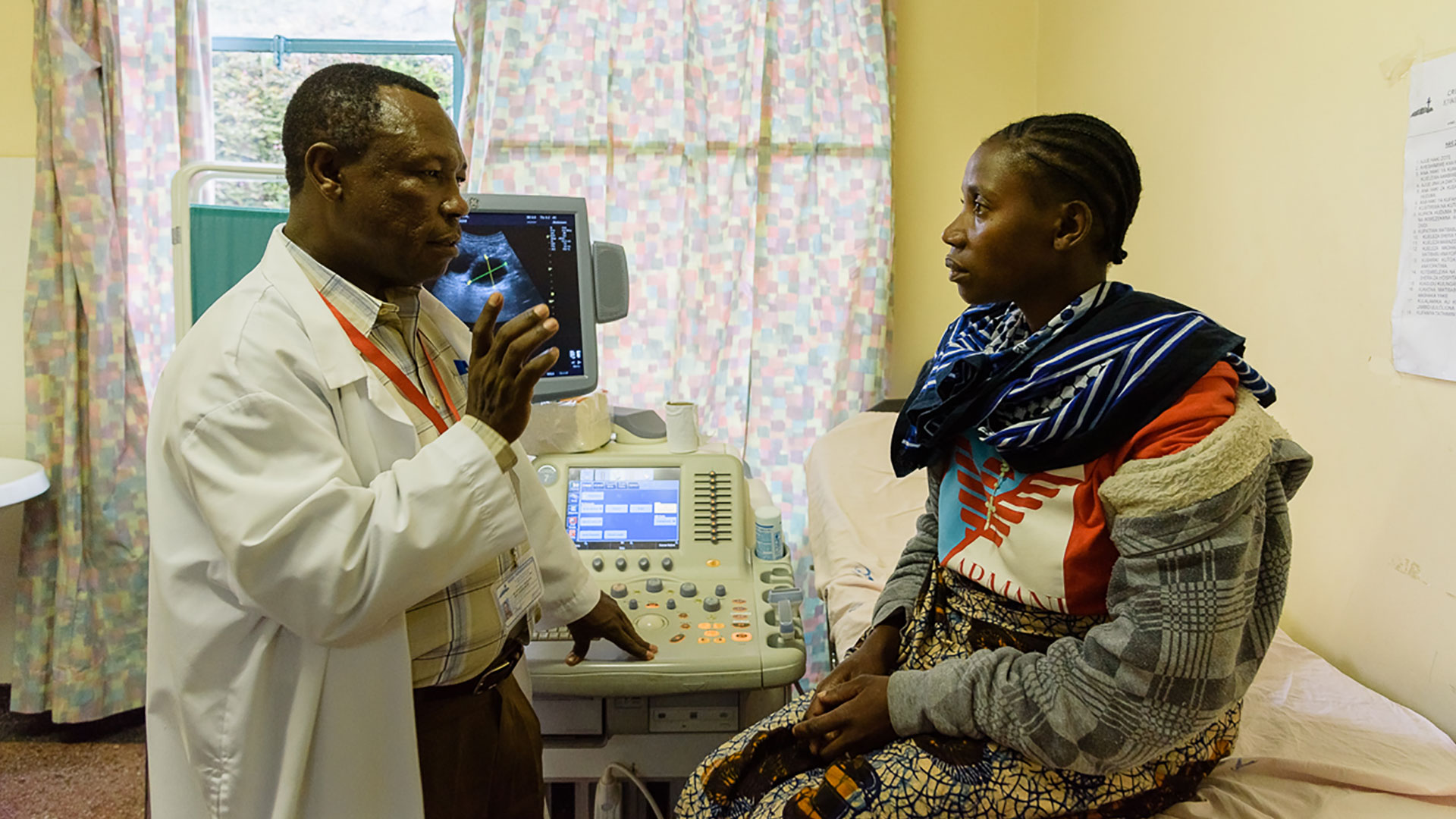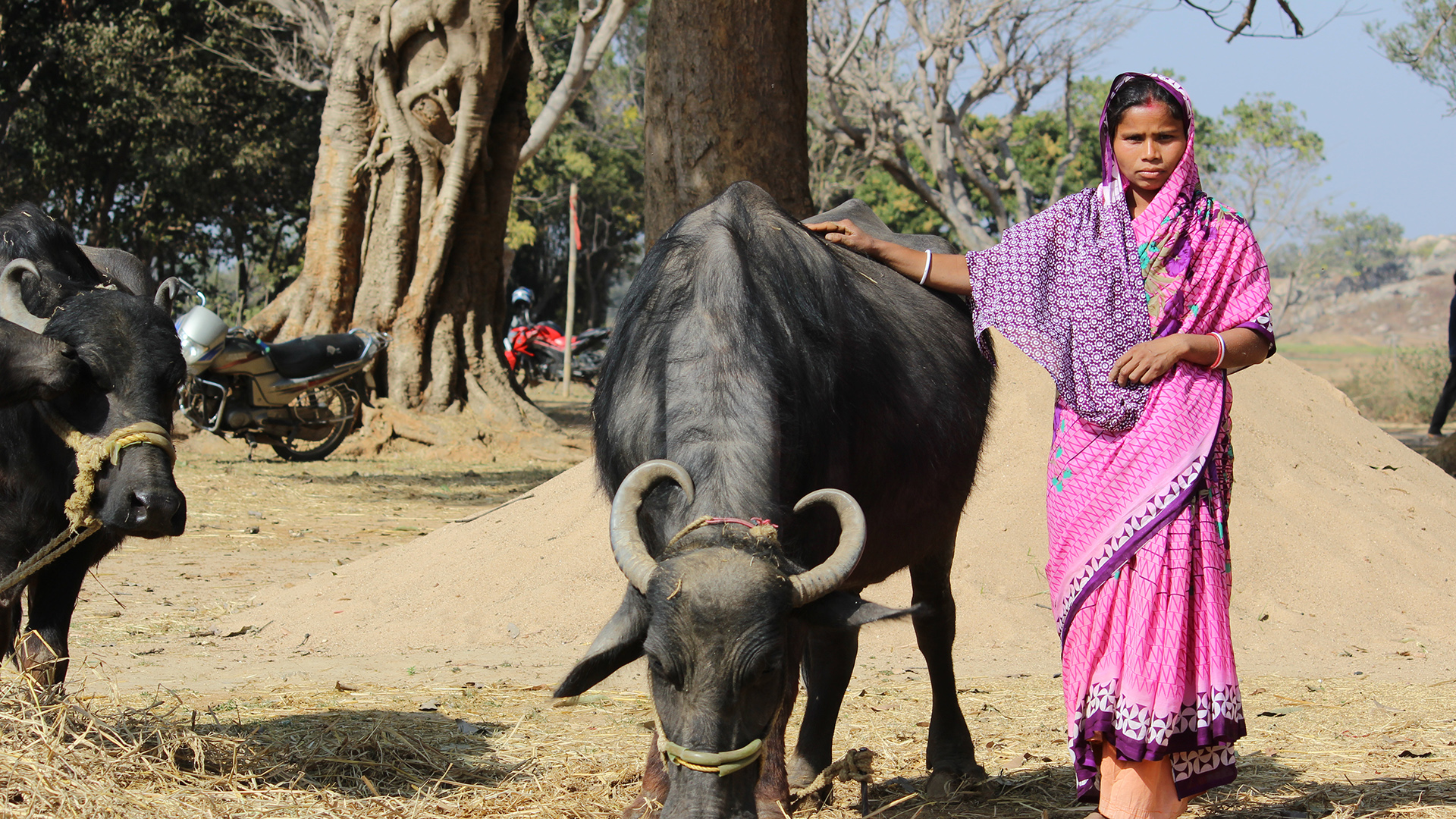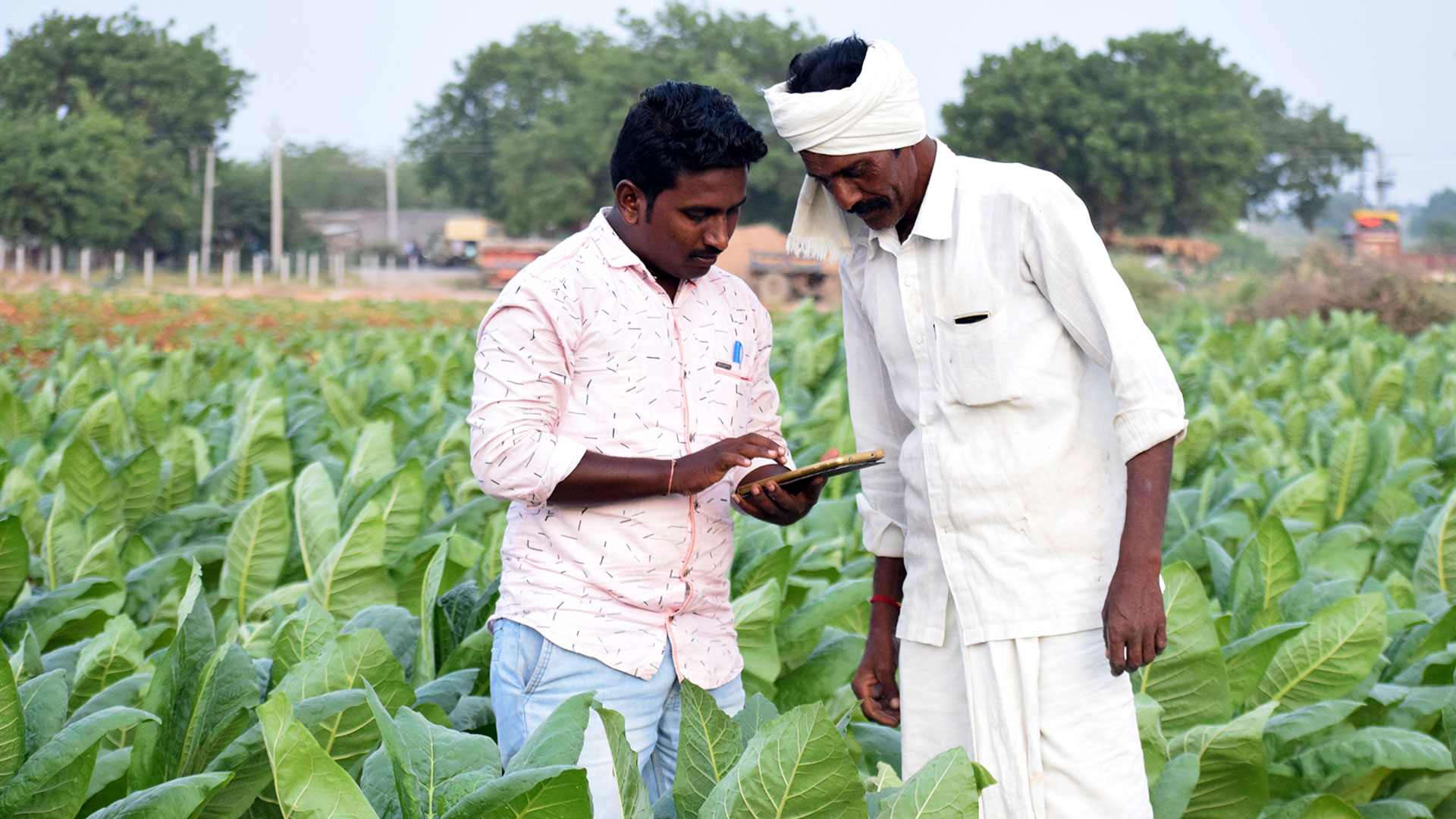
Agriculture in much of Africa and South Asia remains dominated by small-scale farming. Low yields, inefficient practices, and post-harvest losses are common. In India, agriculture represents just under 50 per cent of all jobs – yet 50 per cent of farmers own less than 2 hectares of land, and 90 per cent of them earn on average less than $2 a day. To improve their livelihoods, these farmers need to maximise the value they get from their land, and in doing so, ensure food security and sustainable farming practices.
That’s where data and technology comes in. There is a growing number of innovative companies using new technology to address these challenges more efficiently and simply. They are also putting the power, quite literally, into the hands of rural farmers through mobile phone apps. These types of platforms are being used to provide farming and climate advice; allow farmers to buy seeds and materials at good prices; and bring transparency to market pricing – allowing farmers to maximise their output and sell for the profit they deserve.
One company taking a pioneering approach to improving smallholder farmers’ productivity is CropIn, a specialist in software for agribusiness. It ‘digitises’ the farm management process, using technology such as satellite images, artificial intelligence and machine learning to monitor crop health remotely, make yield predictions, and then pass on these insights to farmers. The goal is to optimise agricultural practices, improve farmers’ access to finance, and minimise waste – all helping to reduce impact on the environment and increase food security.
The level of data the company acquires through this technology is impressive. It covers 13 million acres of farmland and includes perhaps the largest agriculture data set globally, providing accurate, reliable information on 400 crops and 9,500 crop varieties. Also, with this data, CropIn has been able to expand its services to provide predictable insights on production and risk to financial services businesses, making it easier for them to offer crop insurance and loans to smallholder farmers.
Studies show that, on average, farmers’ incomes increase by 25 per cent in the first year of using CropIn’s technology. Also, climate resilience improves for 92 per cent of them. The company is achieving a scale just not possible with traditional models. To date, it has reached four million farmers, mostly in India, and now it’s quickly expanding into Africa. It has the potential to reach 9.5 million farmers across Africa and India by 2022.

-
who
CropIn
-
Where
India
-
What
• Provides services to 4 million farmers
• On average, farmers’ incomes increase by 25 per cent in the first year of using CropIn's technology
4 million
To date, CropIn has reached 4 million farmers. As a result of using CropIn's techology, climate resilience improves for 92 per cent of farmers.


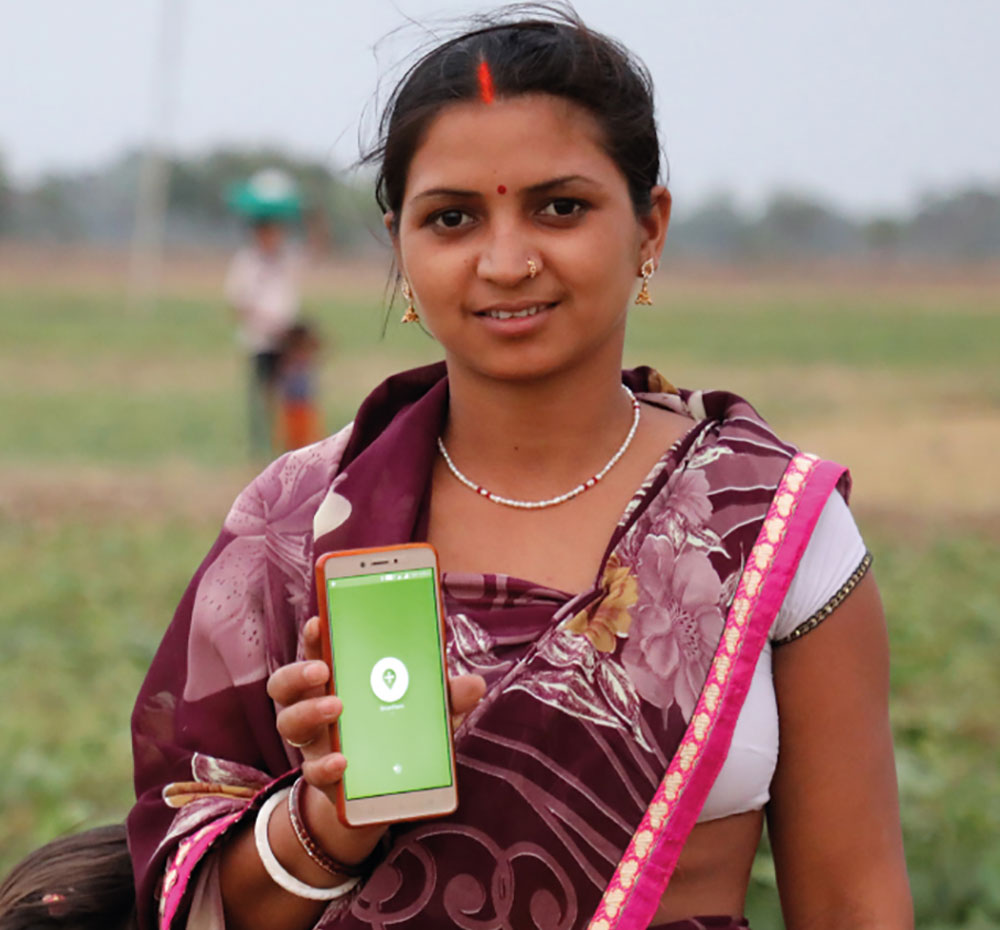
Another business using technology to help farmers improve their profit margins is DeHaat, an online market platform that offers services and solutions to farmers and integrates with a rural network of ‘last mile’ delivery centres. Operating in some of the poorest states in India, including Uttar Pradesh, Bihar, Jharkhand and Orissa, it helps farmers in three ways: it sells them products like seeds, fertilisers and pesticides, often in partnership with leading manufacturers; it links farmers to institutional buyers, such as Coke and Zomato; and it offers advice on different crops.
DeHaat is making a big difference to the lives of 300,000 farmers who use its platform, 73 per cent of whom live on less than $3 a day. Most of these are smallholder farmers with less than 2 acres of land, and they are now saving 10-15 per cent on the cost of seeds, fertilisers, pesticides and other supplies. Those who sell to the company are increasing revenue by an estimated 31 per cent compared to their next best alternative, with an increase in profits of 17 per cent. And more than half say they are finding it easier to cover household expenses, and to save money.
Since our founding, we’ve made more than 400 investments in the food and agriculture sector, totalling over £6 billion. Current areas of focus include investing in technology and innovation that has the potential to transform agriculture; and investing to tackle the issues that hinder farmers’ productivity.
CropIn is a co-investment with Chiratae Ventures under British International Investment’s Venture Scale-up Programme. We invested in DeHaat through fund manager Omnivore Partners.

-
Who
DeHaat
-
Where
India
-
What
• Reaching 300,000 farmers, most of them smallholders – 73 per cent living on less than $3 a day
• Farmers are saving 10-15 per cent on seeds, fertilisers, pesticides and other supplies
• Farmers are increasing revenue by an estimated 31 per cent compared to their next best alternative, and increasing profits by 17 per cent
31 %
DeHaat farmers are increasing revenue by 31 per cent compared to their next best alternative, and increasing profits by 17 per cent


